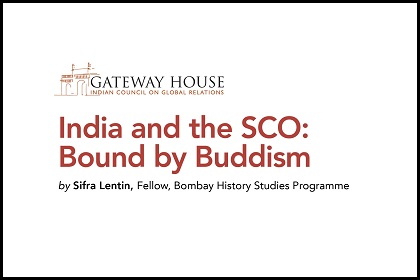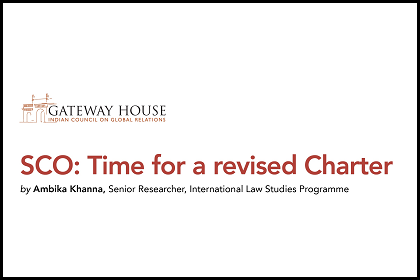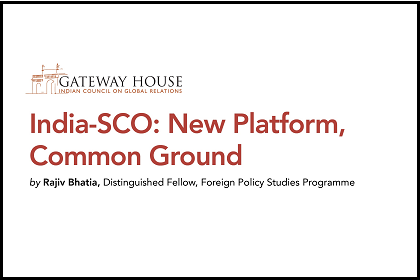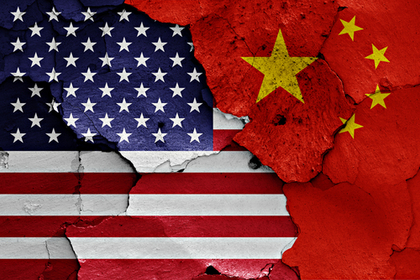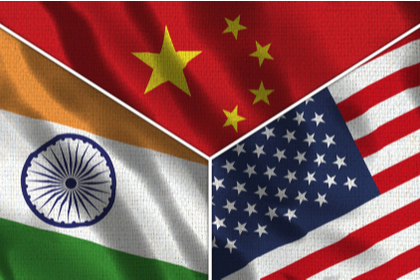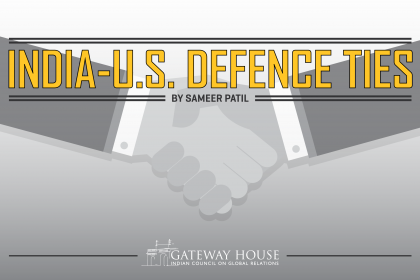India and the SCO in the 21st Century
The 20th meeting of the Council of the Shanghai Cooperation Organization (SCO) Heads of States was held virtually on 10th November, 2020. The meeting precedes the SCO Summit to be hosted by India at the end of this month, and for which preparations have been on through the year. In this compendium of three essays, Gateway House assesses the potential for deepening economic cooperation between India & SCO, asks whether the SCO Charter needs dynamism and revision, and traces the roots of the regions's Buddhist presence, back to India.


